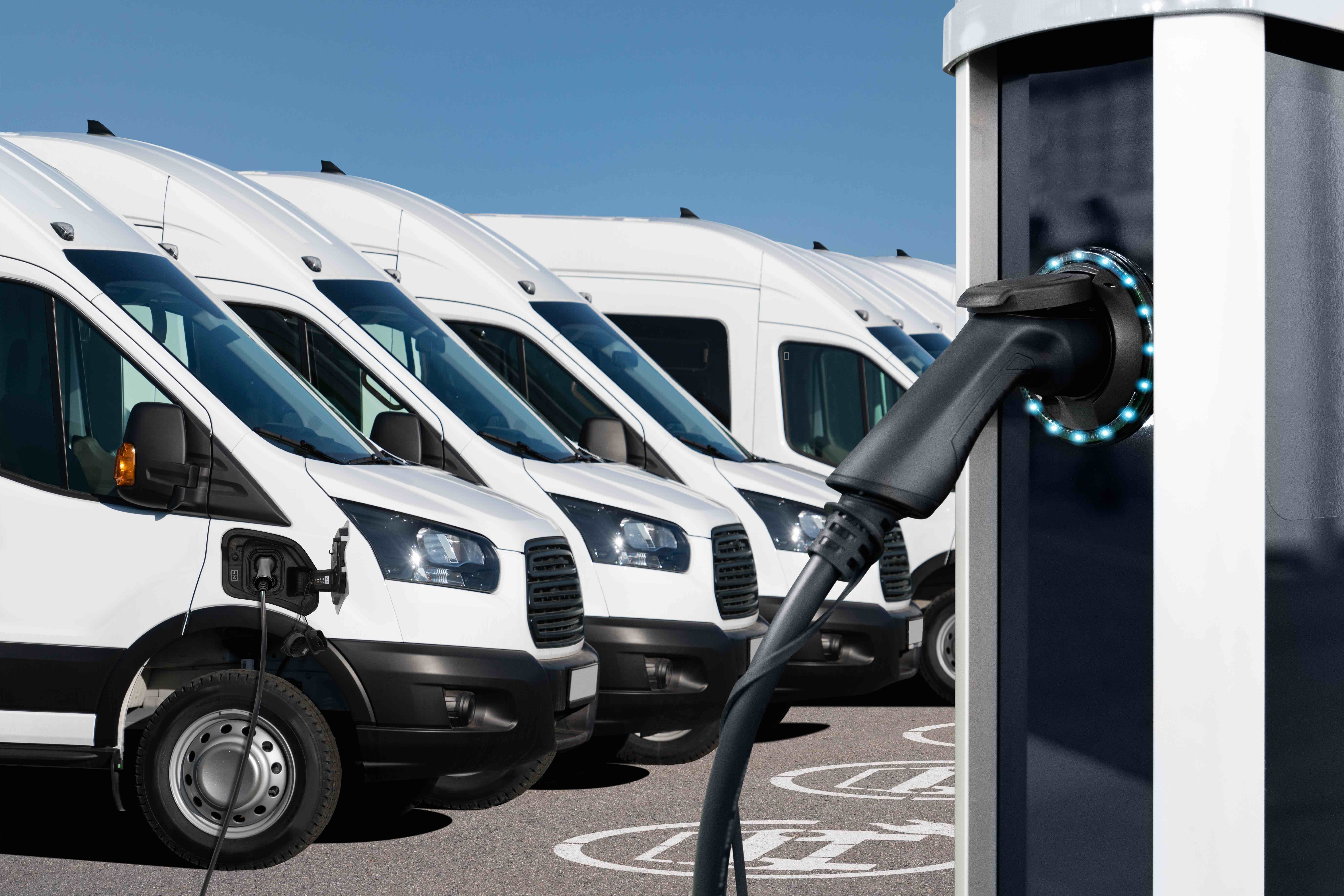
How the Middle East can effectively electrify commercial and logistics fleets
Many businesses across the Middle East are looking at the electrification of their vehicles and fleets. While there are many environmental advantages in switching to electric vehicles (EVs), there is also an increasingly compelling case from a commercial perspective. David Auriau, CEO of Positive Zero at Positive Zero throws more light on this.
There are several federal and city-wide targets across the region, examples of which include the UAE’s aim for 50 percent of vehicles to be electric by 2050, Dubai’s Green Mobility Strategy targeting 30 percent electrification by 2030, and in line with Vision 2030 the Saudi government aims for 30 percent of Riyadh’s vehicles to be electric in the same time frame. Businesses across the region are mindful of such targets and intelligently peg their ambitions to these regional sustainability plans.

By moving to electric vehicles, urban air pollution can be dramatically reduced and air quality enhanced as a result – that’s because EVs do not produce any tailpipe emissions. EVs are more energy efficient than traditional combustion engines – various figures in recent years (dependent on vehicles and charging set-ups) suggest between 77 percent and 90 percent of the energy consumed is delivered as power at the wheels. That compares to gasoline consumption where a traditional combustion engine would deliver between 12 to 30 percent energy efficiency. Electrification initiatives are driving a smarter use of energy.
Beyond environmental benefits
For businesses, electrification offers significant operational and financial advantages, especially for certain commercial vehicle types such as last-mile delivery vans and refrigerated trucks. Commercial EVs deliver a lower total cost of ownership over their lifetime through major fuel savings and reduced maintenance requirements. Although EVs can come at a higher upfront cost, they require less frequent servicing, which has the added advantage of reduced downtime. Fleets can also benefit from flexible private charging infrastructure to enable round the clock operations.
Challenges for commercial electrification in the Middle East
There are three core challenges in the region. The most significant barrier to widespread adoption is fuel subsidies, which reduce the cost advantage of EVs. This is changing and we are already seeing in countries like the UAE that commercial EVs are already more competitive.

Another major hurdle is the lack of long-term residual value data – this complicates financing and leasing options, as traditional lenders are more cautious where they do not have historical depreciation trends. Banks can therefore perceive EVs as higher-risk assets. In addition, with rapid advancements in EV technology, depreciation can be accelerated because of newer models offering better performance and limited battery warranties can add risk of increased maintenance costs for older vehicles – this can prevent traditional fleet owners and leasing companies from raising the necessary financing through conventional banks.
The final obstacle is in underdeveloped charging infrastructure – quite simply, are there enough suitable chargers to operate fleet and commercial vehicles.
This is why the team at Positive Zero takes an integrated approach to addressing all three challenges. We build the necessary infrastructure to ensure regular reliable charging, we plug in renewable energy generation (such as distributed solar carports and rooftops) to reduce energy costs, and we finance the entire system reducing operational risk and capital expenditure. With no upfront costs, businesses can take advantage of the long-term benefits of electrifying their commercial vehicles and fleets. These service contracts often include performance guarantees and reduce risk exposure for both fleet operators and financiers, making electrification more accessible and financially viable.
Predicting the direction of travel for fleet electrification
Fleet electrification is accelerating, driven by declining purchase prices, intelligent financing models and reduced fuel subsidies, in line with 2030 strategies. Commercial EVs are rapidly reaching cost parity and are overtaking conventional vehicles across a range of segments, driving fleet operators to transition to electric solutions. We are also seeing the rise of private sector charging infrastructure to accelerate deployment and provide operational advantages for commercial fleets. This private infrastructure will be coupled with distributed solar generation and energy storage systems to provide on-demand power and reliable, cost-effective EV charging. These technologies will not only support grid stability but contribute to reducing the overall cost of fleet electrification for businesses across the region.
David Auriau, CEO of Positive Zero






